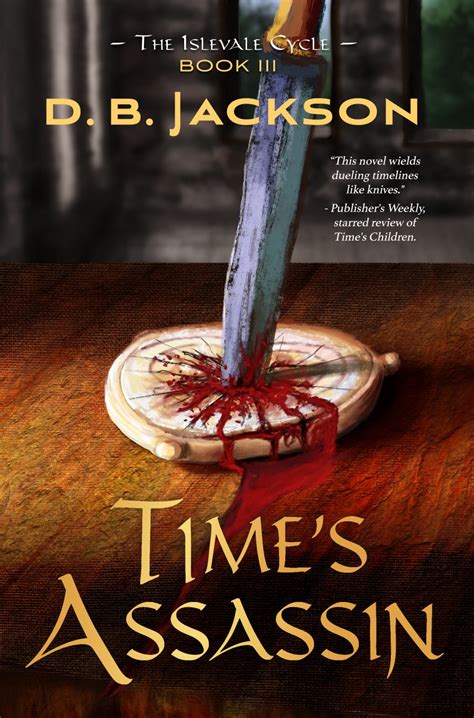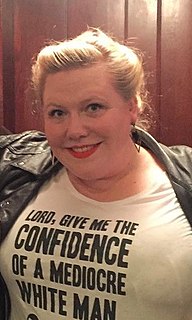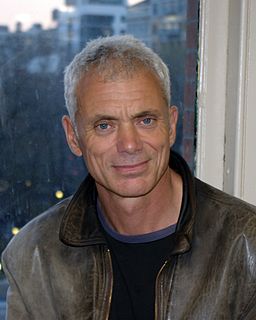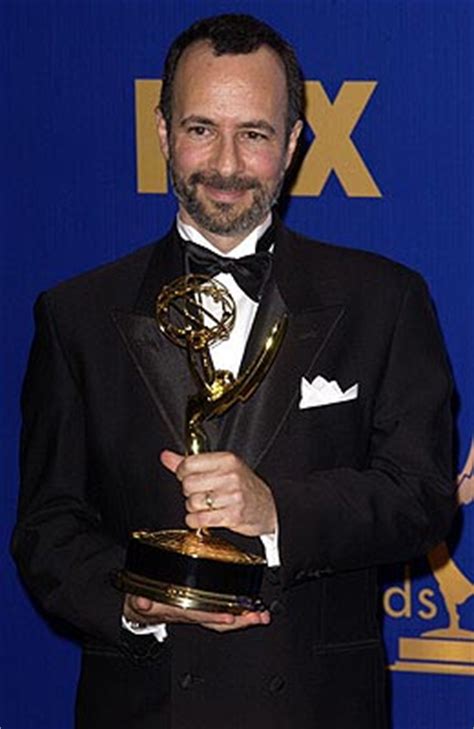A Quote by Rachel Kushner
Writing a first novel was an arduous crash course. I learned so much in the six years it took me to write it, mostly technical things pertaining to craft.
Related Quotes
Depending on what happens with my directing career, I don't think I'll stop writing, even if I crash and burn in movies and TV. I'll go back to plays. Even if I crash and burn there, I'll write a novel. That's the great thing about writing is that you don't have to wait for people to give you permission to do it.
The age of the book is not over. No way... But maybe the age of some books is over. People say to me sometimes 'Steve, are you ever going to write a straight novel, a serious novel' and by that they mean a novel about college professors who are having impotence problems or something like that. And I have to say those things just don't interest me. Why? I don't know. But it took me about twenty years to get over that question, and not be kind of ashamed about what I do, of the books I write.
I've been doing short-form writing for a decade, and six years ago I signed with an agent, and we've been working on figuring out what my book would be. I was always so embarrassed that it took me so long to figure it out, but I think, in retrospect, I just wasn't ready to write a book six years ago. I wasn't confident enough as a writer and I wasn't coherent enough in my worldview. It just took this long for me to be a mature enough writer and be ready to do it.
The process for writing a picture book is completely different from the process of writing a chapter book or novel. For one thing, most of my picture books rhyme. Also, when I write a picture book I'm always thinking about the role the pictures will play in the telling of the story. It can take me several months to write a picture book, but it takes me several years to write a novel.
I've done documentaries and TV for six years but this was my first feature as director, so there were moments when I'd look around and was excited... but, of course, it was also very challenging on a day-to-day basis. And, of course, now that it's coming out people want to talk mostly to the actors.




































